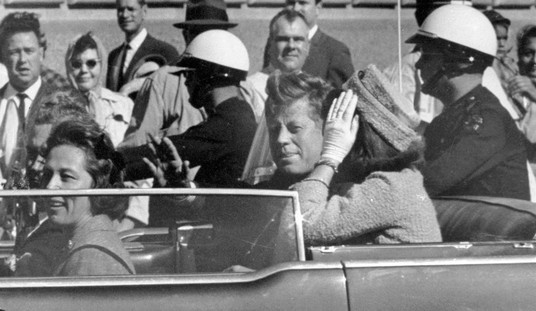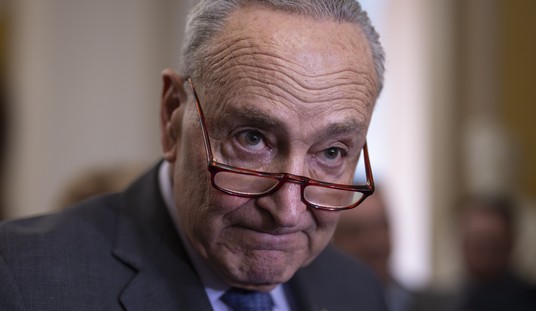Early Wednesday I previewed for you a major First Amendment case that was argued in the Supreme Court today: Lee v. Tam. The Court will decide whether the government can deny trademark protection to trademarks (like the band name “The Slants” or the team name “The Redskins”) which it finds to be disparaging.
I’ve now had a chance to read through the oral argument, the transcript of which is here (.pdf). Here are my impressions.
As I was this morning, I remain cautiously optimistic that the disparagement provision of the Lanham Act, which allows the U.S. Patent and Trademark Office (USPTO) to deny trademark protection to so-called “disparaging” trademarks, will be struck down as a violation of the First Amendment to the U.S. Constitution. I predict the vote will be 7-1 — with Justice Sotomayor, the “wise Latina,” in the minority.
Reading the tea leaves, I found it to be significant that Justices on both sides of the left/right spectrum seemed suspicious of the government’s asserted interest in preventing disparagement.
The government’s central argument this morning was a “government program” argument: that the disparagement clause “places a reasonable limit on access to a government program rather than a restriction on speech.” The “government program” argument came in for quite a bit of criticism. Right out of the gate, Justice Kennedy noted that copyright is also a “government program” but that a disparagement provision “wouldn’t work with copyright.” Justice Roberts observed: “Counsel, I’m — I’m concerned that your government program argument is — is circular.” And Justice Alito said: “I wonder if you are not stretching this, the — the concept of a government program, past the breaking point.”
It wasn’t just conservatives who didn’t seem to buy the government’s argument. Justice Kagan, a certified lefty, was particularly aggressive in her questioning of the government:
I always thought that government programs were subject to one extremely important constraint, which is that they can’t make distinctions based on viewpoint.
So why isn’t this doing exactly that?
That could be seen as a simple softball to get the advocate to articulate his position, but in context it sounded like Kagan was skeptical of the government’s position, especially when she followed up with comments like this:
So, for example, let’s say that I wanted a mark that expressed the idea that all politicians are corrupt, or just that Democrats are corrupt. Either way, it doesn’t matter. I couldn’t get that mark, even though I could get a mark saying that all politicians
are virtuous, or that all Democrats are virtuous. Either way, it doesn’t matter. You see the point.The point is that I can say good things about something, but I can’t say bad things about something. And I would have thought that that was a fairly classic case of viewpoint discrimination.
This analysis echoes what I said this morning in my preview post:
[T]his provision would allow the term “Scientology” to be approved as a trademark, while anti-Scientology trademarks could be rejected. When the government puts its imprimatur on the trademark of a cult, but refuses one to people who seek to expose the cult, that is not benign. But in addition, it’s simply not the business of government to be doling out privileges, or refusing them, based on the viewpoint of the people seeking the privilege.
I won’t quote Sotomayor’s rantings at length, but I got the impression that she might be the one Justice willing to vote for the government in this case.
Looking at the argument in its entirety, I concluded that the Court probably won’t announce a completely straightforward principle wherein the government can never deny privileges such as trademarks based on viewpoint. The questions to the attorney for the respondent (Tam, the Slants member) seemed to betray a concern on the part of some Justices that the government may have legitimate reasons at times to discriminate on the basis of viewpoint. For example, at one point Justice Alito said:
For example, could the government say — and maybe it already has said — that a manufacturer of cigarettes could not place on a package of cigarettes “Great for your health. Don’t believe the surgeon general”?
Based on the argument, I think that the Justices are more likely to decide the case on a narrower ground: that there is an insufficient connection between the disparagement clause and the specific interests that trademarks are designed to further.
If I’m right, it’s still a win for free speech. And that means a win for the good guys.
Of course, I predicted Hillary Clinton would be President this Friday.
Let’s hope my prediction on this case is more accurate.













Join the conversation as a VIP Member